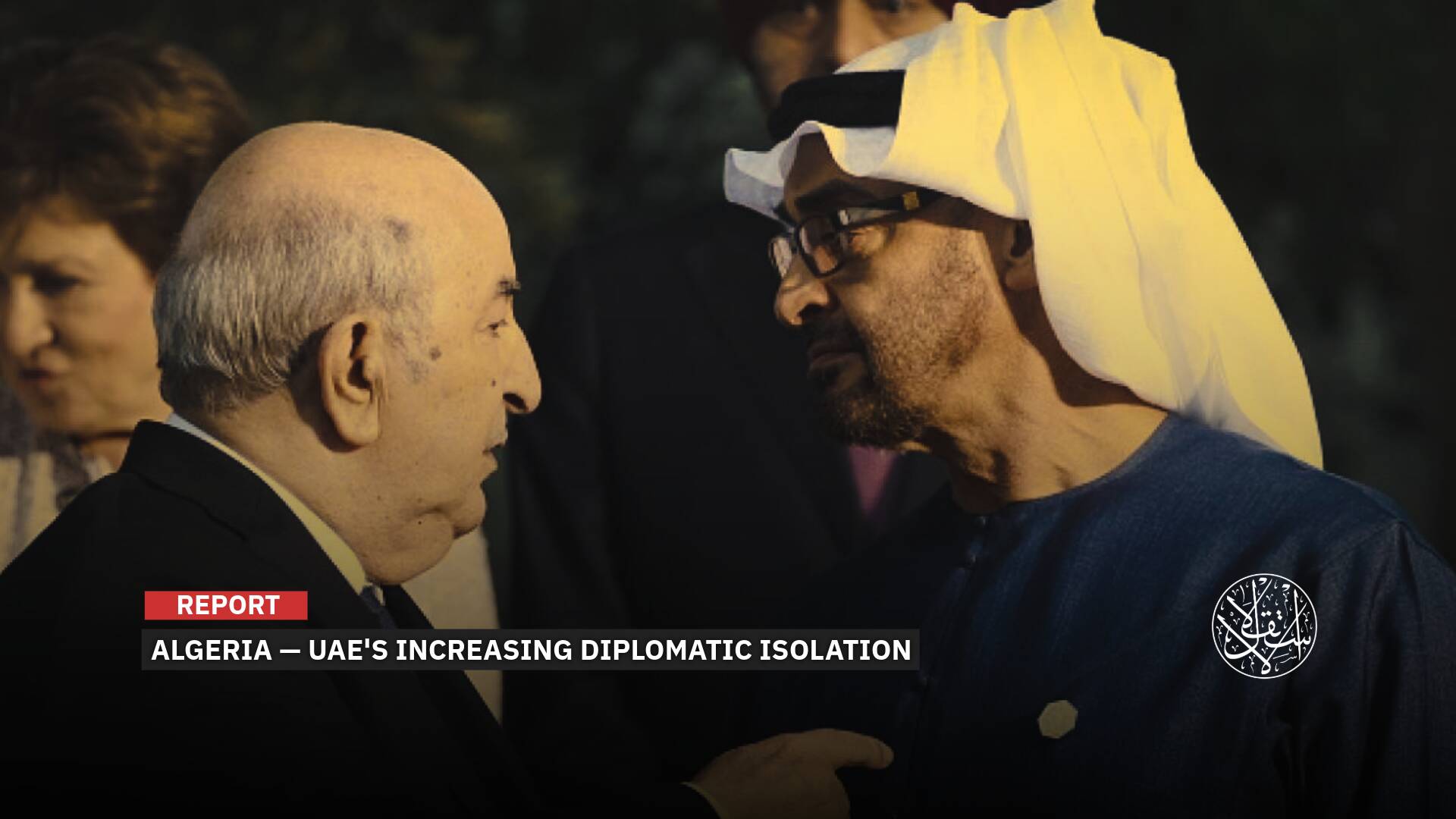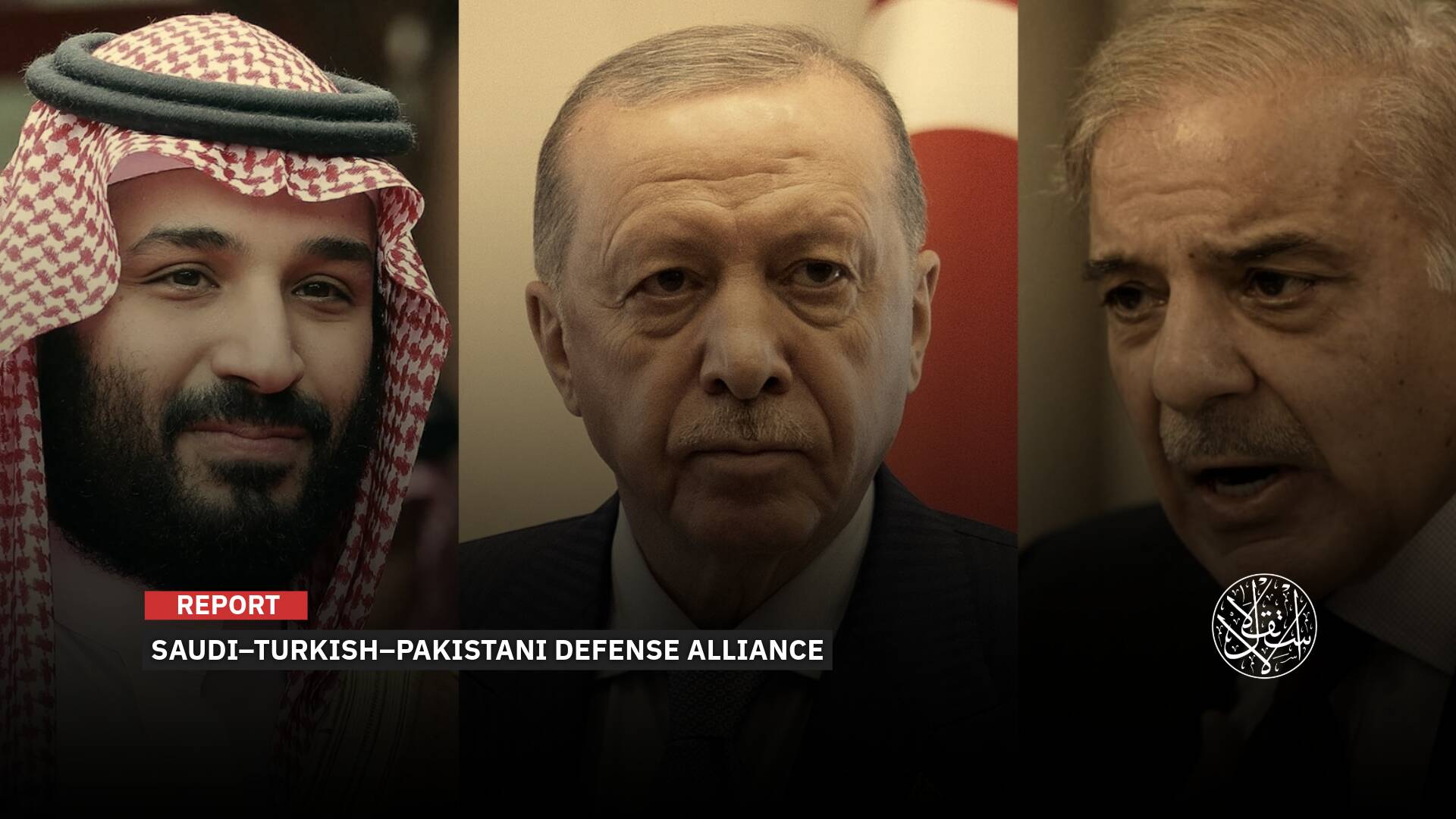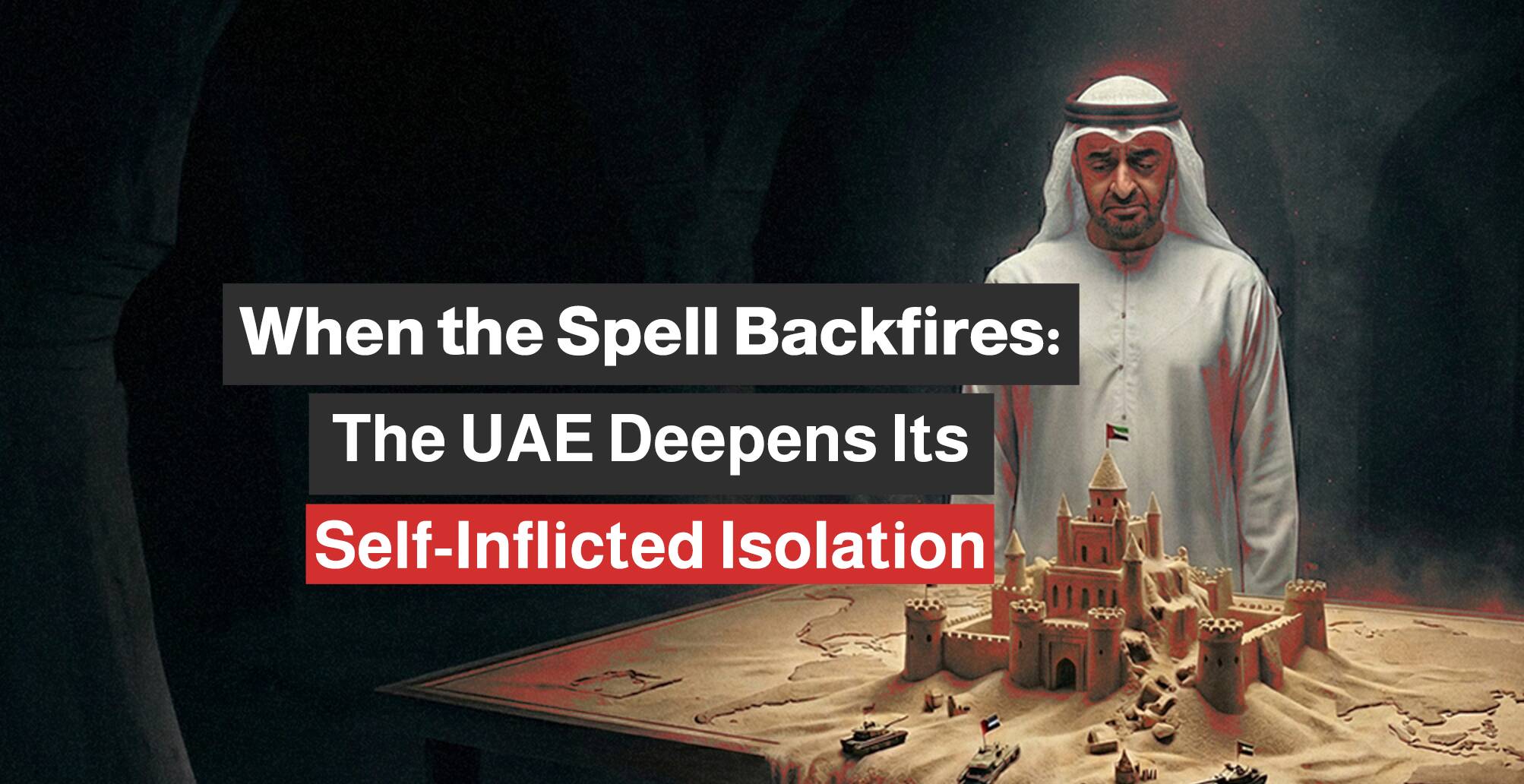How Will the Port of Gaza Pose a National Threat to Egypt?

The new Gaza port risks a significant setback for Cairo, potentially forfeiting its pivotal Arab leadership role.
A new maritime initiative, launched along the Gaza coast with the aim of delivering humanitarian aid to the enclave’s inhabitants, is reshaping the dynamics of the Palestinian-Israeli-Egyptian landscape.
This development aligns with Washington’s concrete steps to bring the project to reality.
In a swift follow-up to President Biden’s remarks, a U.S. military vessel departed for the proposed Gaza port, laden with the necessary equipment and supplies to construct a dock for unloading aid consignments. The undertaking is expected to span 30 to 60 days, as per American officials.
Cyprus Port
The initiative’s inaugural trial occurred on March 12, when a vessel embarked from Cyprus’s Larnaca port, bound for Gaza with two hundred tons of humanitarian goods.
The voyage sparked a mix of skepticism and apprehension regarding the true intentions of the endeavor, which finds favor with “Israel” and echoes proposals by Israel Katz, the Israeli Occupation’s Foreign Minister, at a gathering of European foreign ministers in Brussels last January.
Katz had suggested the creation of an “artificial island” off Gaza’s coast, spanning 8 square kilometers, with objectives that include relocating approximately half a million Palestinians from the Strip.
Beyond Palestinian concerns over this contentious project, which they fear could undermine their cause by depopulating Gaza and stifling resistance through the severance of support networks, the scheme portends severe consequences for Egypt.
Anas Rashad, an Egyptian political researcher, said that should the project materialize, Cairo risks a significant setback, potentially forfeiting its pivotal Arab leadership role, diminishing its regional clout, and losing its longstanding sway over matters concerning the Palestinian cause and the broader Arab–Israeli conflict — a domain where Egypt has traditionally held sway.
“Historically, Egypt’s leverage in the Palestinian context, and the Arab–Israeli dispute at large, stems from three principal pillars,” Rashad said during his interview with Al-Estiklal.
Firstly, the geographical pillar is paramount, given Egypt’s shared border with the Gaza Strip — a bastion of Palestinian resistance and a persistent challenge to Israeli control. This proximity grants Cairo a strategic advantage unmatched by other regional powers, according to Rashad.
“Through the Rafah crossing, Egypt serves as Gaza’s sole gateway to the external world, a vital conduit for the territory’s over two million inhabitants, including resistance figures, international agency representatives, and media personnel, amidst the Israeli occupation’s tight grip on the remaining crossings,” Rashad added.
“Secondly, the political pillar underscores Egypt’s unique position as the sole Arab nation to have formalized ties with the Israeli occupation, maintaining generally stable relations with its successive governments.”
Egypt’s enduring dialogue with the Israeli occupation has been instrumental in broadening the latter’s Arab engagement and regional integration.
This nexus has concurrently fortified Egypt’s ties with Washington, ensuring alignment with various U.S. administrations despite occasional strains in the bilateral relationship with Cairo.
The trilateral awareness of Cairo, “Tel Aviv,” and Washington recognizes "Israel" as a barometer for gauging Arab nations’ rapport with the United States.

National Security Threat
Cairo’s strategic proximity to the Gaza Strip has historically enabled it to maintain a complex network of relationships with various Palestinian factions, fostering a role as both an influencer and mediator in the region.
Despite occasional tensions, this proximity has been a cornerstone in Egypt’s ability to navigate the intricate political landscape.
Egypt, the Arab world’s most populous nation and its second-largest economy, carries significant regional influence.
This influence is rooted in its rich history and geography, as well as its involvement in the Arab–Israeli conflict, marked by wars and a web of relations with the opposing side.
The inauguration of a seaport in Gaza while maintaining the freeze on the Rafah crossing’s operations signals a potential shift in regional dynamics.
The crossing’s role may be relegated to administrative functions, with the port poised to become a new gateway for Palestinians.
“This shift could diminish Egypt’s influence, which has partly stemmed from its role as a conduit between Palestinian factions and the Gaza authority,” Rashad said.
Moreover, the centrality of Egypt as a hub for regional and international powers addressing the crisis may face a jarring disruption.
With the new port’s operation, aid routes could pivot away from Egyptian territory toward Larnaca, Cyprus, and then to Gaza, under American and Israeli oversight, potentially sidelining Cairo and diminishing its pivotal role in the Palestinian issue.
The proposed port project is seen by some as aligning with an Israeli agenda aimed at depopulating Gaza, quelling resistance, and asserting control. It could also signal a gradual phasing out of UNRWA’s operations in Gaza and impede the functioning of the Rafah crossing, thereby allowing "Israel" and its American ally to dominate the aid channels to Gaza, potentially preventing assistance from reaching resistance groups.
A secondary concern is the potential erosion of popular support for the resistance, as the movement of people out of Gaza could accelerate.
There are fears that ships delivering aid from Larnaca might not return empty but instead carry Palestinians seeking refuge from the dire conditions in Gaza, thus facilitating their displacement to other countries offering resettlement opportunities in coordination with “Tel Aviv” and Washington.
Potential Headquarters
The establishment of a port in the Gaza Strip promises not only a foothold in the region but also a potential U.S. headquarters against threats to its interests and those of its ally, the Israeli occupation.
The envisioned port, speculated to evolve into a military base safeguarding American interests in the Middle East, would augment existing U.S. bases in the Gulf and the Red Sea, solidifying American presence in the volatile region.
For years, the Gaza Strip served as a buffer zone for Egyptian security, with resistance movements bolstering Egypt’s national interests by keeping tensions at bay between Egypt and “Israel."
However, the inauguration of the port threatens to upend this delicate balance, as the Strip could potentially fall under occupation and lose its population, erasing the security dimension it once provided.
According to Rashad, this shift could leave Egypt vulnerable, facing the Israeli occupation without the protective barrier the Strip once represented.
The implications of this development compel urgent action from Egypt to safeguard its influence in the Palestinian issue.
“Cairo must not waver in its efforts to maintain control over the Rafah crossing, a crucial lifeline for Palestinians, and must resist the allure of purported humanitarian aid tied to the port project,” Rashad noted.
Preserving its foothold in the Palestinian arena stands as a vital pillar of Egypt's regional influence amidst faltering in other key areas.
Failure to uphold its position in the Palestinian file could tip the regional balance, paving the way for alternative power dynamics detrimental to Egypt's stature.
As Egypt grapples with its dwindling influence, the stakes are high, with the Palestinian question emerging as a linchpin for Egypt's geopolitical relevance in an ever-evolving Middle East landscape.











